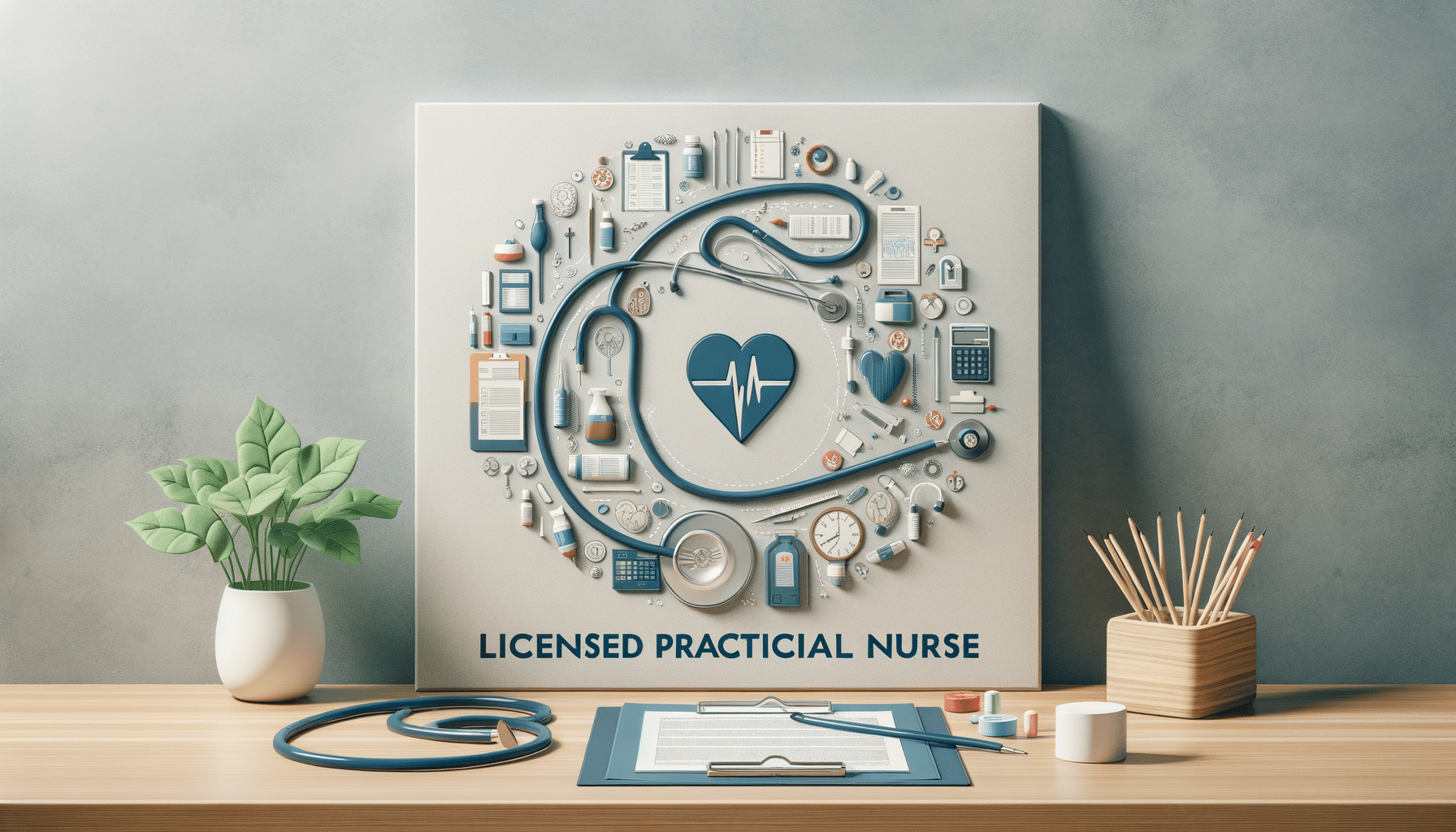
Exploring the Role and Pathway of a Licensed Practical Nurse
Understanding the Role of a Licensed Practical Nurse
Licensed Practical Nurses (LPNs) are integral to the healthcare system, providing essential care to patients under the supervision of Registered Nurses and doctors. Their responsibilities are diverse and crucial, ranging from basic patient care to assisting in medical procedures. LPNs are often the healthcare professionals who spend the most time with patients, offering not only medical care but also emotional support and education. This close interaction allows LPNs to develop strong relationships with patients, making them a vital part of the healthcare team.
In their daily duties, LPNs perform tasks such as monitoring vital signs, administering medications, and changing dressings. They are trained to recognize changes in a patient’s condition and report these to the medical team, ensuring timely intervention. LPNs also play a key role in patient education, teaching patients and their families about managing illnesses or injuries at home. This comprehensive approach to patient care highlights the importance of LPNs in maintaining the overall health and well-being of patients.
The demand for LPNs is expected to grow as the healthcare industry expands to meet the needs of an aging population. This growth presents numerous opportunities for those interested in pursuing a career as an LPN. The role offers a rewarding career path for individuals who are compassionate, detail-oriented, and eager to make a difference in people’s lives.
Pathway to Becoming a Licensed Practical Nurse
To embark on a career as a Licensed Practical Nurse, individuals must complete a state-approved educational program, which typically lasts about a year. These programs are offered by community colleges, technical schools, and some hospitals, providing both classroom instruction and clinical practice. The curriculum covers a wide range of topics, including anatomy, pharmacology, and nursing care.
Upon completion of the educational program, aspiring LPNs must pass the National Council Licensure Examination for Practical Nurses (NCLEX-PN) to obtain their license. This exam tests the knowledge and skills necessary to perform safely and effectively as an entry-level LPN. Once licensed, LPNs can seek employment in various healthcare settings, such as hospitals, nursing homes, and private clinics.
For those looking to advance their careers, many LPNs choose to pursue further education to become Registered Nurses or specialize in areas like gerontology or pediatrics. Online classes offer a flexible option for LPNs to continue their education while working, making it easier to balance professional and personal commitments. This pathway not only enhances their skills but also opens up new career opportunities and potential for increased salary.
Career Prospects and Opportunities for Licensed Practical Nurses
The career prospects for Licensed Practical Nurses are promising, with a steady demand for their skills across various healthcare settings. In regions like British Columbia, the salary for LPNs is competitive, reflecting the critical role they play in patient care. This financial incentive, combined with the personal fulfillment of helping others, makes the LPN career path an attractive option for many.
When crafting a licensed practical nurse resume, it’s important to highlight not only clinical skills but also soft skills such as communication, empathy, and teamwork. Employers value LPNs who can effectively collaborate with other healthcare professionals and provide compassionate care to patients.
Many LPNs find opportunities for advancement by specializing in areas like wound care, IV therapy, or hospice care. These specializations not only enhance their expertise but also increase their value within the healthcare industry. Additionally, some LPNs choose to transition into administrative roles or healthcare education, further diversifying their career options.
Overall, the role of a Licensed Practical Nurse is both challenging and rewarding, offering a stable career with numerous opportunities for growth and specialization. As the healthcare industry continues to evolve, LPNs will remain a crucial part of the medical team, providing essential care and support to patients.


